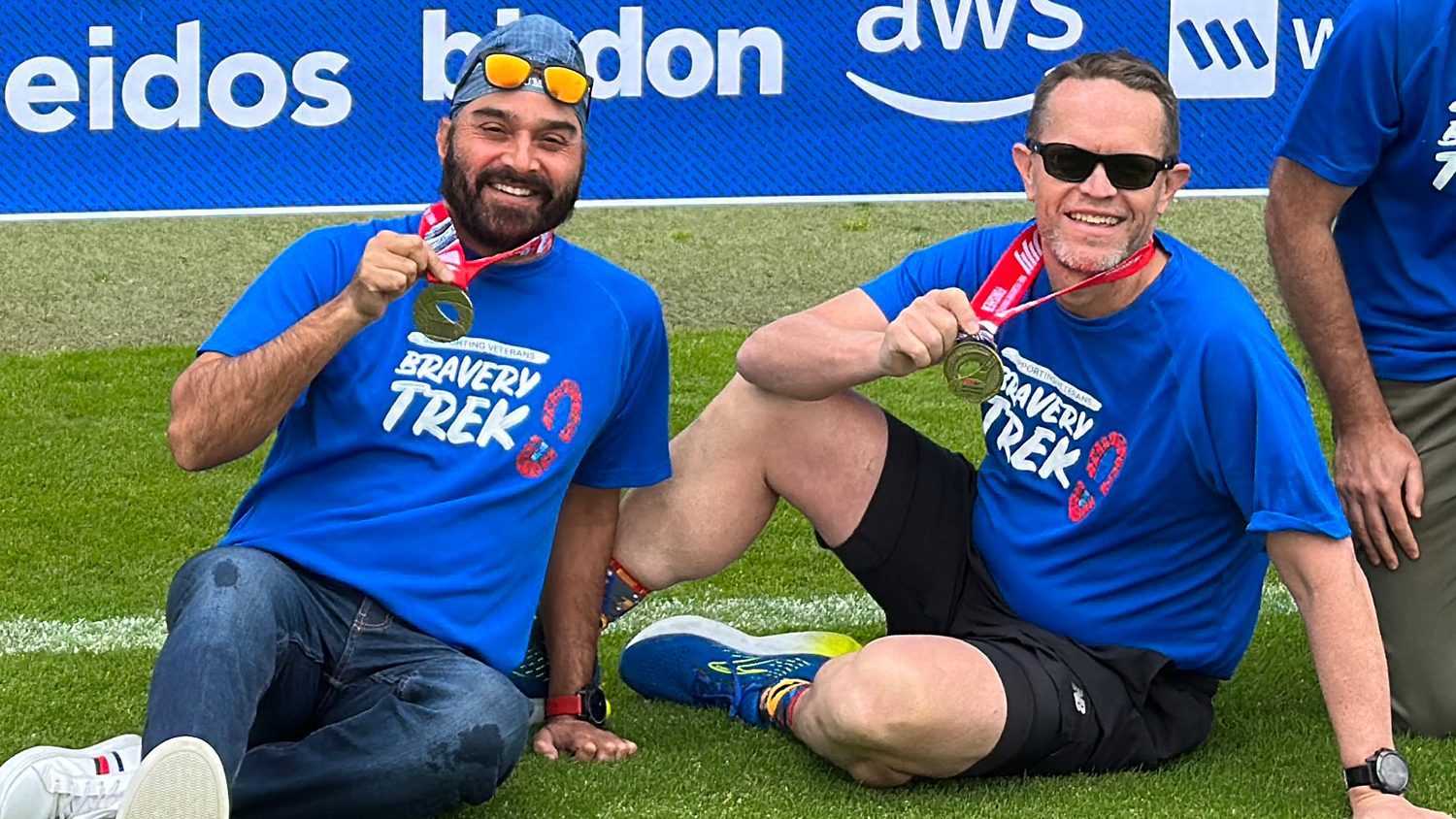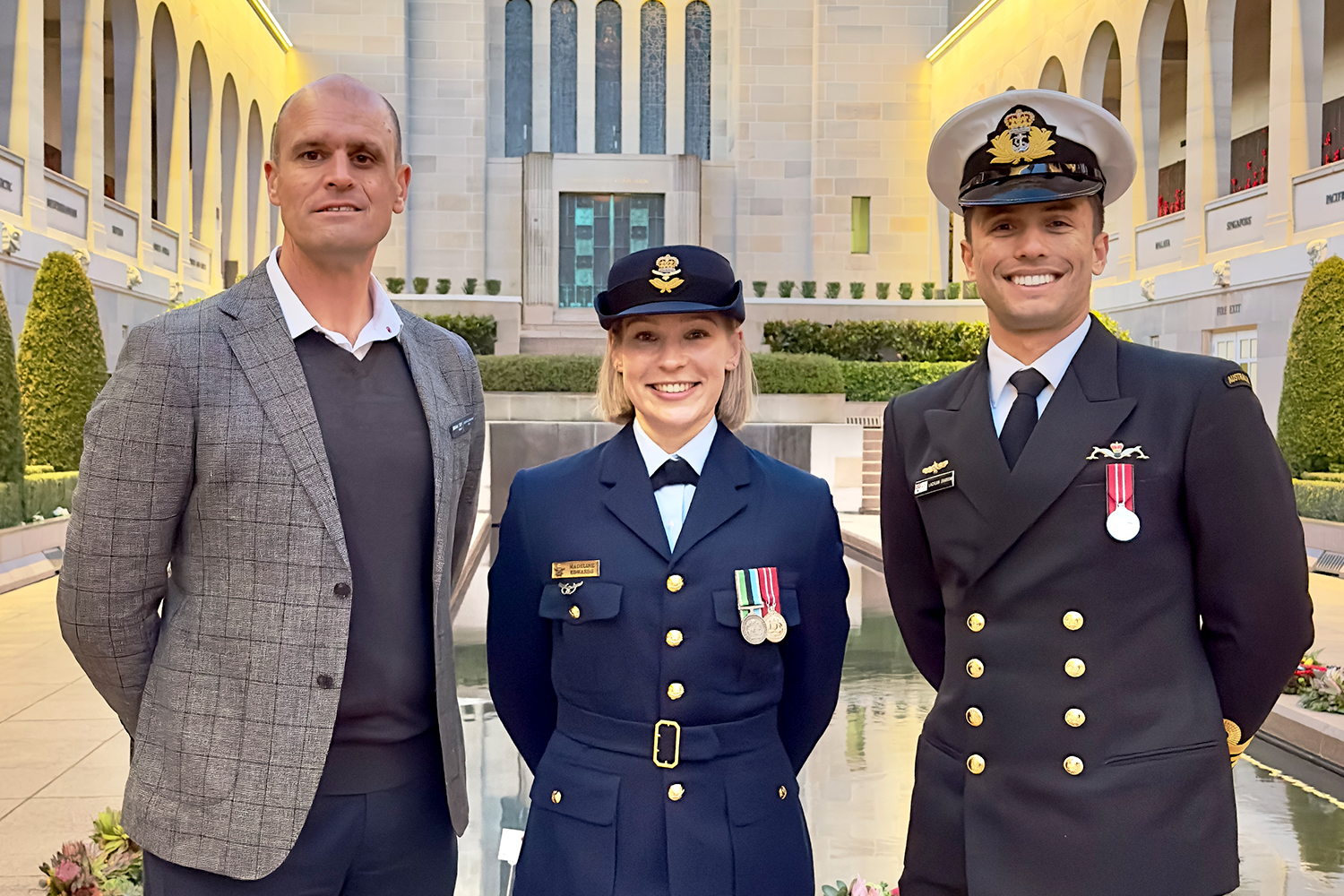It was like any other morning. The sun crept through the curtains and the sound of the cutlery being placed on the table echoed through the house. But when I walked into the kitchen, something was different.
Dad was home. He should have been at work, but he was sitting at the kitchen table, he had his head in his hands, and Mum was standing by him, telling him it would be okay.
The Great Depression started in 1929, lasting for 10 years. Nearly 32% of people in NSW were unemployed by 1932, sinking many families into significant financial, physical, and mental distress.
Throughout the same time period, suicide rates also rose, serving as an important reminder that mental health and suicide can be situational, as much as they can be clinical.
Murray Bruce is one of R4Rs wise-old heads… and although he’s not quite old enough to remember the Great Depression… he’s seen this tension between situational and clinical play out around him in the veteran community.
“I’d seen colleagues returning from military operations and this was a trigger that impacted their physical and/or mental health. I’d also seen some get into financial difficulties – some as a result of mental health challenges, others suffered mental health issues off the back of their financial struggles.”
In looking for ways to help, Murray came across Bravery Trust, an organisation who focused on providing emergency financial loans to break the cycle of financial distress. But through his work with them, he noticed that the same people would return, needing more assistance.
“In mental health we ponder whether a person’s mental health challenges led to other issues with relationships, employment, finances, health, substance use etc. At other times it is these same factors that lead to mental health challenges.”
To Bravery Trust, it was clear that financial distress and mental health were linked, and seeing this, they evolved to provide financial counselling, education, and advocacy on behalf of and for the veteran community.
“Getting into difficulties financially or mentally is incredibly isolating… People often need that helping hand to just break the cycle… but sometimes breaking the cycle once is not enough, and people need ongoing support.”
“It’s great receiving support from R4R for the work of Bravery Trust. We can see it making a difference.”
Murray has been supported by another R4R Legend in Singh Talwar, who joined Murray on the four marathons in a forty day journey around the country last year.
“When Murray invited me to the Bravery Trek in Sydney, I didn’t know much about the Bravery Trust organisation. But over the years, sharing stories while running along so many defence members, their families, and friends, I realised the sacrifices they and their close ones have made.”
“Every year, Bravery Trek brings together people who share similar values and appreciate being part of a community that honours our veterans. It doesn’t matter if you have a family member who has served or simply feel passionate about the cause.”
Similar values
Running for Resilience is proud to support people like Murray and Singh, who are watering their patch of grass. We believe that no one is destined for suicide, but we understand that some people find themselves feeling like they’ve got nowhere else to go.
Whether it be due to Post-Traumatic Stress Disorder after returning from a military operation, the stranglehold that financial stress can impose, or something else, the reality is that if proper help is provided, people become exponentially more resilient.
If you’d like to support Bravery Trust and the efforts Murray and Singh are pouring into the Bravery Trek – Visit Singh’s page or Murray’s page to donate.








